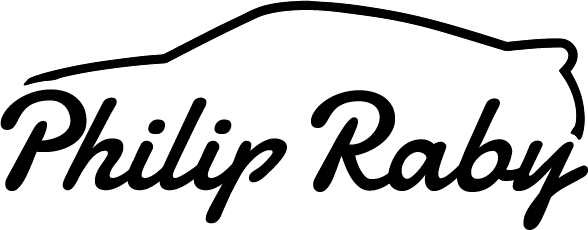
I was asked today what happens when buying a car that has outstanding finance on it. And that’s finance that is still owed, not finance that is in some way astonishing!
It’s common for cars – both new and used – to be bought on finance and it’s not unusual for owners to then sell the car before the finance has been paid off. The crucial thing about car finance is that the money is provided by the lender for the sole purpose of buying that particular car. If the car is then sold, the owner is contractually obliged to clear the outstanding finance immediately. It’s not like a loan from the bank that you can do what you want with.
If you do a car check (such as an HPI check) it will tell you if a car has finance outstanding and this can worry buyers. It shouldn’t, though, as it’s a perfectly reasonable and common scenario.
When buying a car privately, you need to discuss with the vendor what to do about the finance and insist that they get a settlement figure from the finance company. When you buy the car, you then pay that amount directly to the finance company and the balance to the vendor. That way you know that the finance has been cleared. What you shouldn’t do is pay all the money to the vendor on the understanding that they will then pay off the finance, as you have no guarantee that will happen.
The other scenario occurs when the car is being sold via a dealer on behalf of the owner – something that my company does regularly. In this car, when a sale has been agreed, we liaise with the finance company and pay off the outstanding amount, thus giving the buyer complete peace of mind.
Once the finance has been paid off, the record of finance will be removed from the car.

